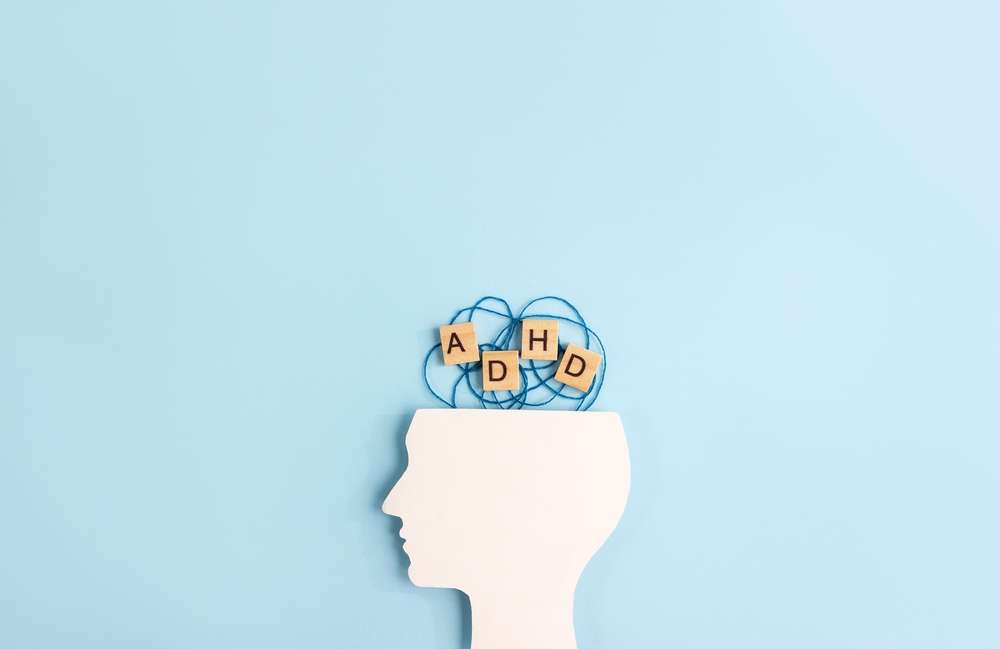Procrastination master or undiagnosed ADHD?
Do you find yourself delaying tasks until the last minute? This could be more than mere procrastination. An insightful self-assessment test might reveal if undiagnosed ADHD is behind your struggles. Explore this connection and uncover essential truths.

What exactly is procrastination?
Procrastination is the act of delaying or postponing tasks, often in favor of more immediately gratifying activities. It’s a behavior that most people experience occasionally, but for some, it becomes a chronic pattern that significantly impacts their daily life. Understanding procrastination involves recognizing its emotional and cognitive components, such as fear of failure, perfectionism, or difficulty in prioritizing tasks. While procrastination can be a standalone issue, it’s also a common symptom of various mental health conditions, including ADHD.
How does ADHD manifest in adults?
ADHD is a neurodevelopmental disorder characterized by persistent inattention, hyperactivity, and impulsivity that interferes with functioning or development. In adults, ADHD symptoms may present differently than in children. Common signs include difficulty concentrating, forgetfulness, poor time management, restlessness, mood swings, and yes – chronic procrastination. Adults with ADHD often struggle with organization, completing tasks, and maintaining focus on long-term projects, which can significantly impact their personal and professional lives.
What’s the connection between ADHD and procrastination?
The link between ADHD and procrastination is strong and multifaceted. For individuals with ADHD, procrastination often stems from executive function deficits – the cognitive processes responsible for planning, organizing, and completing tasks. People with ADHD may struggle to initiate tasks, maintain focus, or estimate how long a project will take. Additionally, the ADHD brain seeks immediate reward, making it challenging to engage in tasks that don’t provide instant gratification. This neurological difference can make procrastination feel almost involuntary, despite the individual’s best intentions.
How can you recognize if it’s more than just procrastination?
While occasional procrastination is normal, persistent patterns might indicate underlying ADHD. Key indicators include:
-
Chronic difficulty starting or completing tasks, even when important
-
Feeling overwhelmed by daily responsibilities
-
Consistently underestimating time needed for tasks
-
Frequent missed deadlines or forgotten commitments
-
Difficulty organizing thoughts and materials
-
Easily distracted by unrelated stimuli
-
Procrastination causing significant stress or impairment in various life areas
If these symptoms resonate with your experiences and persist over time, it may be worth considering an ADHD assessment.
What does a self-assessment for ADHD look like?
While a professional diagnosis is crucial, self-assessment tools can provide initial insights. Many reputable organizations offer online ADHD screening questionnaires. These typically include questions about your ability to focus, organize, manage time, and control impulses. It’s important to answer honestly, considering your behaviors over an extended period, not just recent experiences. Remember, these tests are not diagnostic but can indicate whether further evaluation is warranted.
What are the next steps after taking a self-assessment?
If your self-assessment suggests potential ADHD, the next step is to consult with a healthcare professional. This could be your primary care physician, a psychiatrist, or a psychologist specializing in ADHD. They will conduct a comprehensive evaluation, which may include:
-
Detailed medical and personal history
-
Symptom assessment using standardized rating scales
-
Cognitive testing
-
Ruling out other conditions with similar symptoms
Based on this evaluation, your healthcare provider can determine if you meet the diagnostic criteria for ADHD and discuss treatment options if necessary.
Treatment for adult ADHD often involves a combination of approaches, including medication, cognitive-behavioral therapy, and lifestyle modifications. The goal is to manage symptoms effectively, improving focus, organization, and overall quality of life. With proper diagnosis and treatment, many adults with ADHD find significant relief from chronic procrastination and other challenging symptoms.
In conclusion, while procrastination is a common experience, persistent patterns of delay and disorganization may signal underlying ADHD. Understanding the link between procrastination and ADHD is crucial for those struggling with chronic task avoidance. By recognizing the signs, taking a self-assessment, and seeking professional evaluation when needed, individuals can take important steps towards managing their symptoms and improving their daily functioning.
This article is for informational purposes only and should not be considered medical advice. Please consult a qualified healthcare professional for personalized guidance and treatment.




